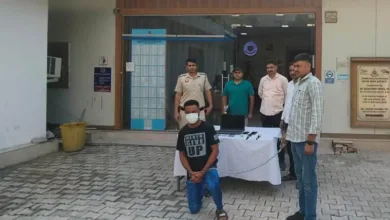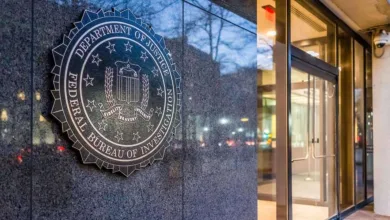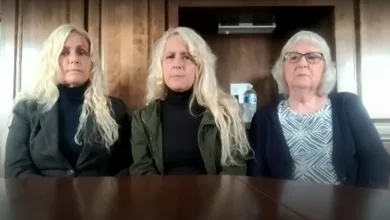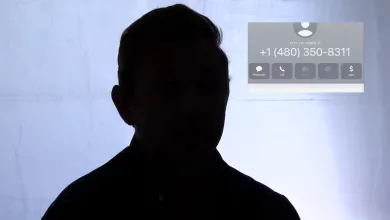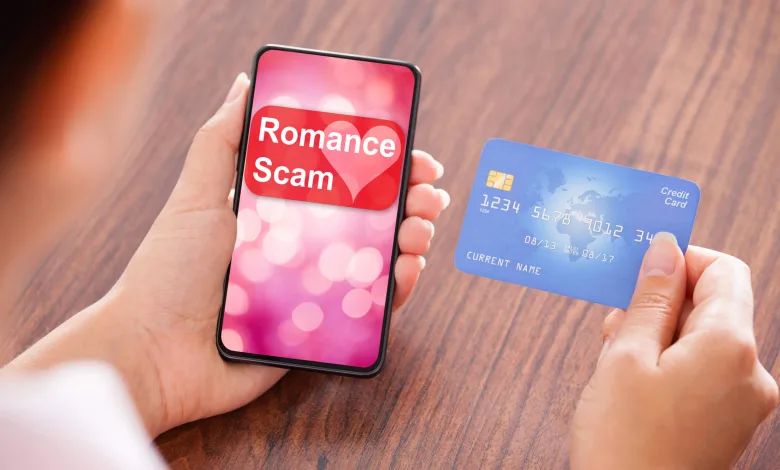
Santander UK has issued a warning after bank customers lost almost £4 million to romance scams over the past six months.
The victim’s range in age from 18 to 93, indicating that attackers are targeting people of all ages.
A total of £3,813,410 was lost to such frauds between March and August this year – up 27% on the previous six months. The average loss per bank customer was around £4,500.
What signs can help us recognize such deception in time and avoid fraud?
- If someone declares their love for you after just a few days of chatting online, it may be too good to be true. “If someone is too quick to show strong feelings, or starts talking about love and a future together before they’ve even met you in person, you should be wary,” warns Simon Newman, CEO of the Online Dating and Discovery Association and an advisory board member at the International Cyber Expo. “Scammers often use emotional manipulation to fast-track the relationship.”
- Scammers often avoid meeting in person to maintain their deception and continue contact. “They will often make excuses as to why they cannot meet in person or via video call,” warns Simon Newman. “If a person consistently avoids meeting, this should raise suspicion.”
- Scammers often establish long-distance relationships to hide their identity. “Be wary of people who tell unusual or suspicious stories, such as posing as military officers posted overseas, contractors in remote locations, or those who are constantly on business trips,” says Simon Newman.
- Requests for money are a big red flag. “Scammers may claim to have a financial emergency, such as a family member’s illness, job loss or business crisis, and ask for your help,” explains Simon Newman. “Never send money to people you’ve met online, especially via bank transfer or gift cards, as these are difficult to trace.”
- It’s normal to want to trust the person you’re meeting, but it’s important to check their identity. “Use a reverse image search on their photos to see if they’ve appeared on other sites, especially platforms that have scam warnings,” advises Simon Newman. “Be cautious of anyone who has limited or no digital footprint beyond the dating site.”




